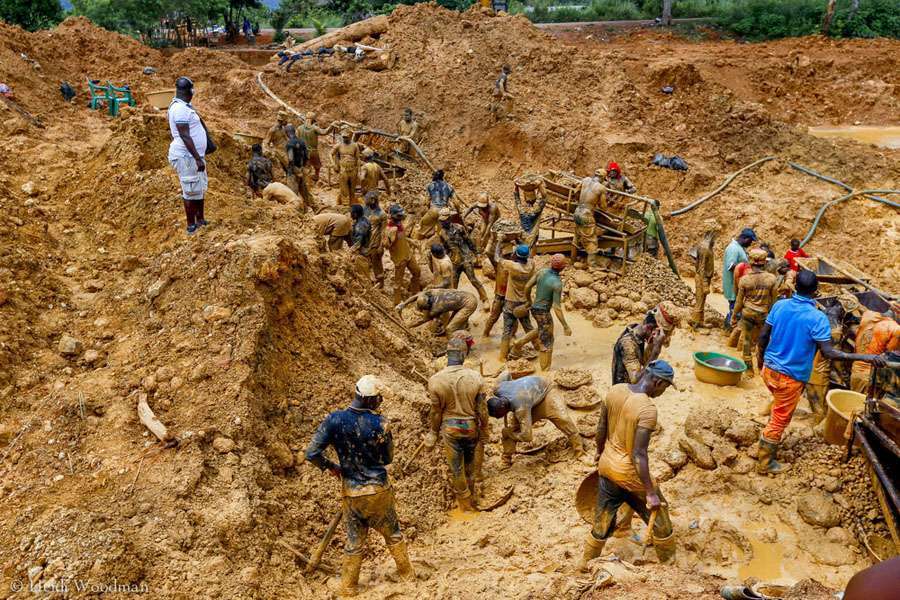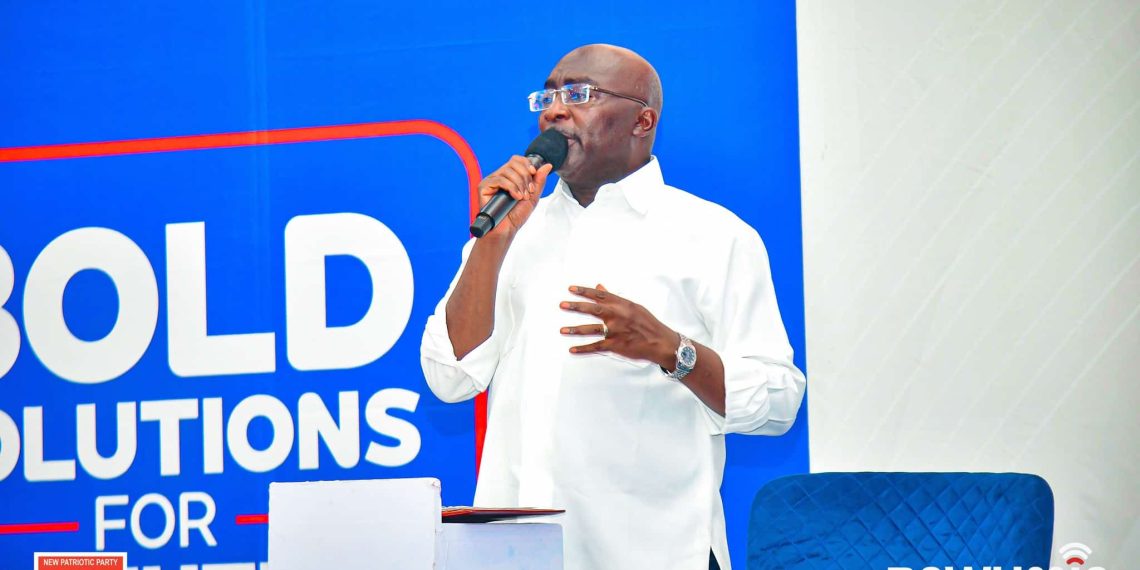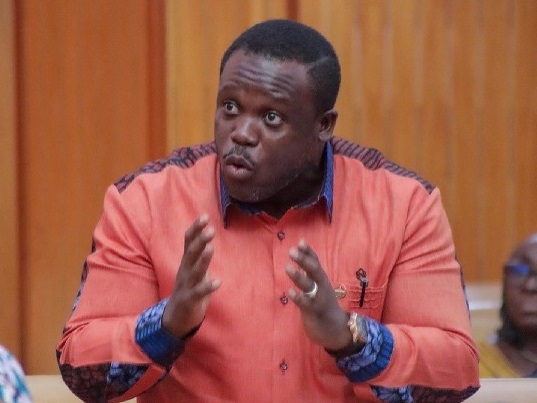The Human Cost: Beyond the Glittering Promise
For many, galamsey isn’t about wealth its survival. Individuals with limited options, especially in rural Ghana, are drawn into the dangerous world of unlicensed mining for a chance at income. Communities once reliant on cocoa farming or fishing are seeing their livelihoods washed away. In Ghana’s Western Region, villagers recount how rivers like the Ankobra, once a source of clean water and fish, now run milky and toxic due to contaminants like mercury and cyanide.
Environmental Toll: Rivers, Forests, and Farmland Under Siege
The scale of environmental damage is staggering. Up to 60% of Ghana’s freshwater bodies are now contaminated by chemical waste from illegal mining posing profound threats to water security, agriculture, and public health. Forests are felled, fertile soils erode, and once-viable lands become barren deserts.
Cultural and Social Fractures
Galamsey’s reach extends beyond water and land. Sacred groves, shrines, and other cultural heritage sites have been destroyed. Farmers lose not only their lands but their cultural identity and traditional knowledge, deepening community unrest.
National Impacts: Cocoa, Economy, and Governance
Illegal mining is now a direct threat to Ghana’s cocoa industry, pushing cocoa yields down and global chocolate prices up. Farmers are abandoning their fields for quick gold money, even as corruption and elite complicity hamper efforts to clamp down on galamsey.
Yet the economy also depends heavily on mining. In 2023, gold exports made up over 12% of Ghana’s GDP, with artisanal mining accounting for significant jobs and foreign exchange creating a delicate balancing act between regulation and livelihoods.
A Turning Tide: Policy, Protest, and Reform
There’s rising pressure. In September 2024, civic groups led a three-day “Stop Galamsey Now” protest calling for a presidential decree to end illegal mining in key watersheds. Despite arrests, the message was clear: Ghana demands accountability.
The government has responded with policy action. By May 2025, a law prohibited foreigners from trading artisanally mined gold, consolidating all purchase and export processes under the Ghana Gold Board (GoldBod) to enhance oversight and curb smuggling.
Most recently, in July 2025, President John Mahama established the GOLDBOD Task Force, equipped with security officers and body-camera monitoring to enforce anti-galamsey measures more effectively.
Why This Matters
Galamsey isn’t just an environmental issue, it’s a national challenge that touches on economic stability, cultural preservation, public health, and civic trust. While gold may glitter, its cost is often paid in poisoned rivers, lost livelihoods, and fragmented communities.














